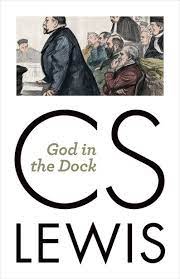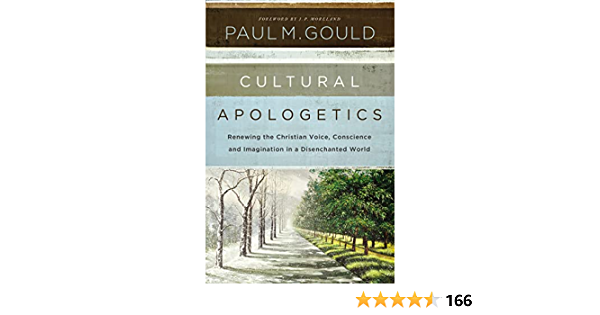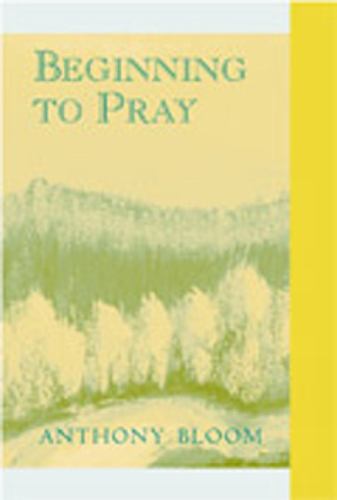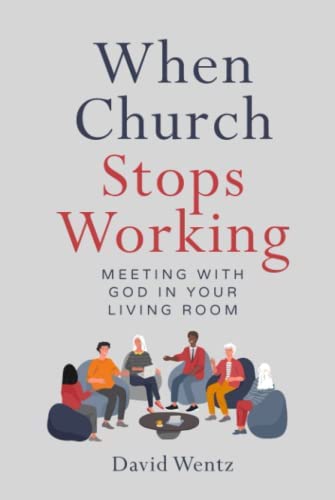
Today, I am sharing five brief reviews of some books I have read this year. It is a varied selection, which I hope has at least one title that piques your interest.
By the way, let me know what you have been reading. You can help me by letting me know what you recommend and why.
Now, here (in no particular order) are the reviews.
God in the Dock: Essays on Theology and Ethics by C. S. Lewis (1970)

Even though this book was published in 1970, its popularity ensures that it remains in print. It has been on my wish list for a long time.
To avoid “reinventing the wheel,” here is a synopsis from the back cover:
God in the Dock contains forty-eight essays and twelve letters written by Lewis between 1940 and 1963. Ranging from popular newspaper articles to learned defenses of the faith, these pieces cover topics as varied as the logic of theism, good and evil, miracles, the role of women in the church, and ethics and politics. Many represent Lewis’s first ventures into themes he would later treat in full-length books.
I thoroughly enjoyed and was enlightened by Lewis’s intelligent, accessible, and biblical treatment of these many topics. At or near the top of my favorite entry is “On the Reading of Old Books”—nine pages that students of every disciple should read. One point that stands out in that chapter is that ancient writers didn’t make the same mistakes as we do; thus, they challenge our modern intellectual pretensions.
This is a book that you can read, then set aside for a while, and pick up again without missing a beat or feeling guilty.
Lewis’s arguments are excellent and lucid, but after a few articles, you will note they are repeated. However, as these entries are short stand-alone pieces, the repetition is understandable.
So far, I recommend anything that I have read of Lewis.
You can purchase this book using this Amazon affiliate link.
The Sermon on the Mount and Human Flourishing: A Theological Commentary by Jonathan T. Pennington (2017)
This book is rich and a deep dive into the Sermon on the Mount (SM) in Matthew 5-7. The big question is, “What is the Sermon really saying theologically and practically?” (14)
Jonathan Pennington (JP) examines the meaning of “blessed” in the “blessed are …” statements in Matthew 5:3-10—the Beatitudes. He convincingly demonstrates that these statements are not so much about God blessing as it is about a person being in a state of blessedness or flourishing (50). Put another way, the beatitudes are:
a description of the kind of person who will flourish, not a promise that God will (actively) bless the person in question. (56)
makarios [blessing] statements are proclamations of a state of flourishing, not pronouncements of what to do and be to enjoy God’s favor.” (57)
This flourishing is not behavior modification— “the Beatitudes are virtues of participating in grace-based deliverance” (146), and “true human flourishing is only available through communion with the Father God through his revealed Son, Jesus, as we are empowered by the Holy Spirit” (14).
With the concept of human flourishing established in the opening Beatitudes of the SM, JP then progresses through the SM. As he goes, he demonstrates how Jesus is teaching about human flourishing. One key concept is human wholeness, internally and externally. So, “righteousness requires consistency between one’s inner person and one’s outer actions” (260).
JP’s undergirding thesis is that Jesus creates:
“a vision (a “moral imagination”) for a way of being in the world that promises true human flourishing, now partially and eschatologically fully, through believing in and aligning oneself with Jesus Christ, God’s authoritative son” (290).
I judge this volume as among the best commentaries on the SM.
You can purchase this book using this Amazon affiliate link.
Cultural Apologetics: Renewing the Christian Voice, Conscience, and Imagination in a Disenchanted World by Paul M. Gould (2019).
 The subtitle describes our world as disenchanted—the world, society, and culture in which we live no longer believe that the Gospel of Christ and Christianity are either reasonable or desirable. The results are a humanity largely antagonistic to God and his good news.
The subtitle describes our world as disenchanted—the world, society, and culture in which we live no longer believe that the Gospel of Christ and Christianity are either reasonable or desirable. The results are a humanity largely antagonistic to God and his good news.
Gould’s task is to move humanity from disenchantment to re-enchantment. The book lays out the framework of doing so, beginning with a helpful and relevant analysis of the apostle Paul’s visit to Athens and his address on Mars Hill (Acts 17:16-34).
Gould makes a significant distinction between traditional apologetics and cultural apologetics. Whereas the traditional approach argues truth claims, the result is usually a winner and loser with the resulting alienation. Gould’s approach is more holistic and positive. He advocates an apologetic that demonstrates not only the truth of the Christian message but also its desirability.
For those who desire to be better equipped to proclaim the plausibility and desirability of the Good News of Jesus Christ, I highly recommend this book.
You can purchase this book using this Amazon affiliate link.
Beginning to Pray by Anthony Bloom (1970)

Each time I read this book, I find benefit.
Anthony Bloom (1914-2003) was a Swiss-born son of a diplomat who lived in Persia [present-day Iran] and Russia, a medical doctor in German-occupied France during World War 2, and later the Orthodox Archbishop for the UK. His life experience and deep Christian faith add a reality and richness to this volume on prayer.
Let the chapter headings provide an overview:
- The Absence of God
- Knocking at the Door
- Going Inward
- Managing Time
- Addressing God.
Here are a few quotes from this memorable book:
To meet God means to enter into the ‘cave of a tiger’—it is not a pussy cat you meet—it’s a tiger.
We want something from Him, not Him at all. Is that a relationship?
the kind of weakness which means being completely supple, completely transparent, completely abandoned in the hands of God.
Prayer begins at the moment when, instead of thinking of a remote God, ‘He’, ‘The Almighty’, and so forth, one can think in terms of ‘Thou’ [You], when it is no longer a relationship in the third person [He] but in the first [I] and second [You] persons.
This valuable little book is worth reading and taking to heart over and over.
You can purchase this book using this Amazon affiliate link.
When Church Stops Working by David Wentz (2022)

What has happened to the Church, especially in the Western World?
The word “church” is usually misused to refer to a physical building; the function of the church is often reduced to a periodic Sunday morning event; the significance of the church is largely dismissed as irrelevant or worse.
So, what are Christians to do “When the Church Stops Working”?
David Wentz has decades of experience as a pastor and a large heart for the Church. His book is packed with practical biblical help for reclaiming “church” as a vibrant and intimate community of people worshiping and following Jesus, caring for each other, and impacting their world.
I recommend this book for those seeking a practical resource for developing a more intimate community-based approach to church.
David has posted three excerpts from his book on living theology. The first is “Three Purposes of Christian Gatherings.” You will find links to the next excerpt at the end of each post.
You can purchase this book using this Amazon affiliate link.
Again, let me know your recommendations for profitable reading.
FORWARD TO the next book review
BACK TO the previous book review
Image by Freepik
Click "yes" to receive resource-rich newsletters.
Helpful resources provided to 'living theology' subscribers.
YES!